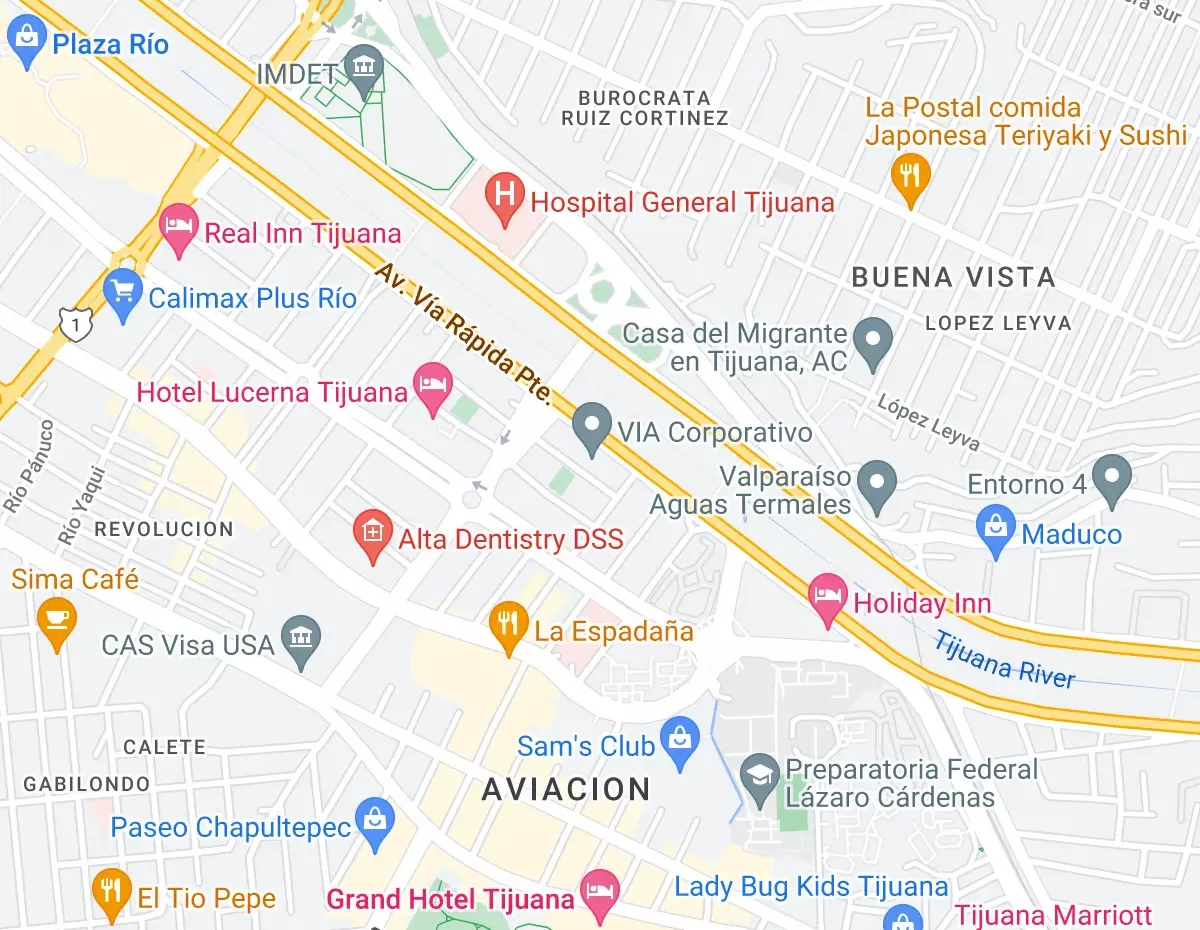SUBOXONE ADDICTION
Achieve a better level of your well-being and the ability to manage feelings.
General overview
Suboxone is an addictive synthetic pharmaceutical drug used to treat withdrawal symptoms and to “maintain” people experiencing addiction to a long-acting opioid. Unfortunately, many people find themselves addicted to Suboxone, or struggling in a repeating cycle of using Suboxone and then other Opioids. Although the factors that lead a person into Suboxone addiction are complex, the ease with which Suboxone prescriptions are given and taken away is a significant contributor.
For more than three decades well-funded government agencies have tried to end the addiction epidemic and failed. Every year more people overdose or end up in jail because of their addiction. Suboxone was sold as an effective treatment but turns out to be just replacing one drug with a legally profitable synthetic drug.
Suboxone is one of the many addiction treatment options available in the United States, 85% of people who start Suboxone treatment end up dropping out of treatment. Unfortunately, Suboxone treatment centers often teach addicted people to blame themselves when Suboxone doesn’t work, even though there is overwhelming evidence that Suboxone tends to be ineffective!
As a result, rates of Suboxone addiction have been growing and people experiencing addiction are left with few options.
However, there are effective non-traditional ways to overcome addiction. One very promising method for treating Suboxone addiction is Ibogaine. Ibogaine is a non-recreational psychedelic drug that recent research has shown is effective at reducing opioid withdrawal symptoms post-treatment, reducing long-term cravings for drugs, and offering long-term psychological benefits.
Because of legality issues, many travels outside the U.S. to countries like Mexico to get this novel treatment for Suboxone addiction.
Are you addicted to SUBOXONE?
Contact Us and get help!
How it affects the brain.
Suboxone is a synthetic chemical made to in a lab to work in the brain like morphine, the natural drug found in the opium poppy plant. Suboxone is designed to give a person a long-term high with one or two doses a day. Suboxone, like the drugs it is supposed to treat, is addictive and Suboxone withdrawal symptoms can last weeks or months.
Suboxone works directly on the dopamine receptors in the brain. Suboxone works by activating 50% of the dopamine receptors and turning off the other 50%. While this can be a short-term treatment, taking Suboxone long-term can lead to Suboxone addiction—disrupting this pleasure and reward system of the brain. A healthy person produces dopamine naturally and dopamine gives them a reward for eating food, drinking water, or having sex. When someone starts using Suboxone they feel an immediate reduction in physical and emotional pain and an unnatural spike in pleasure.
As someone continues to use Suboxone their brain begins to adjust to getting pleasure from external sources. This brain adjustment is what leads to tolerance (needing more to get the same feeling), withdrawal symptoms, and cravings.
The good news is that the brain does heal, but it can take 6+ months without Suboxone for the healing to start and up to 5 years for the brain to fully recover.
Physical and emotional pain, fever, aches, chills, and vomiting, hot and cold sweats are all symptoms of Suboxone withdrawal. These agonizing symptoms can last for weeks or even months making it almost impossible to reach the 6 months of clean time needed to begin the healing.
Even worse, most traditional treatment centers will not provide any comfort medication to those experiencing withdrawal symptoms, or try to put them back on Suboxone. Some are even locked away to needlessly suffer alone.
The statistics make it clear, that these traditional approaches do not work for most people struggling with addiction.
There are solutions available that are highly effective.
We will help you win the battle against Suboxone Addiction.
Contact New Roots Ibogaine Today!




